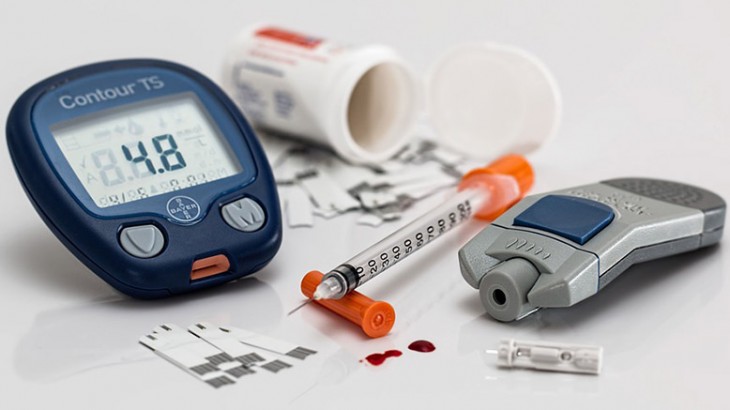Fighting diabetes

Throughout this week’s Men’s Health Week, an annual campaign run by the Men’s Health Forum, we will be raising awareness of preventable health issues that affect men disproportionately.
Many people are often nervous or embarrassed about raising health-related issues and men, in particular, can be prone to putting off that trip to their GP. We want to encourage male colleagues to have the courage to seek professional advice for any health-related problems they may be experiencing. For many conditions, an early intervention could be crucial and potentially life-saving.
People suffering from diabetes are at greater risk from becoming seriously ill with covid-19. With that in mind, today’s focus is on diabetes – a common long-term condition that causes a person's blood sugar level to become too high.
Normally, insulin, a hormone produced by the pancreas, allows glucose to move from the bloodstream into cells to produce energy. But when you have diabetes, sometimes your pancreas doesn’t make any insulin, doesn’t make enough, or the insulin it makes doesn’t work properly. And that’s why some people with diabetes are insulin-dependent, which means they need to take it as medication. Taking insulin helps you manage your blood sugar levels.
There are two main types of diabetes:
- Type 1 diabetes – where the body's immune system attacks and destroys the cells that produce insulin.
- Type 2 diabetes – where the body doesn't produce enough insulin, or the body's cells don't react to insulin.
Type 2 diabetes is far more common than Type 1. In the UK, around 90 per cent of all adults with diabetes have Type 2.
According to the Men’s Health Forum, research has shown that compared to women:
- Men are more likely to suffer from diabetes with one in 10 suffering from the condition.
- Men are more likely to experience complications.
- Men are more likely to face limb amputation due to diabetes.
- Men are more likely to die from diabetes.
- Men are more likely to develop Type 2 diabetes if they are overweight or obese.
Common symptoms of diabetes include:
- Urinating more frequently than usual, especially at night.
- Feeling really thirsty.
- Feeling more tired than usual.
- Weight loss and loss of muscle bulk.
- Genital itching or thrush.
- Cuts and wounds take longer to heal.
- Blurred vision.
Anyone with concerns that they may have diabetes should always contact their GP as soon as possible – don’t put it off.
You can reduce your risk of developing diabetes by being more active, losing weight if you are overweight and improving your diet. For further advice contact your GP/practice nurse or click here for further information.
The First Class Support helpline is completely confidential, independent and available 24/7. Call now on 0800 6888777 if you would like to talk to somebody about living a healthier lifestyle or any other physical or mental health-related matter.
The Feeling First Class portal has helpful support content for your mental and physical health. Visit www.feelingfirstclass.co.uk (code FFC1 to register) or download the app from iTunes or the Google Play store.



